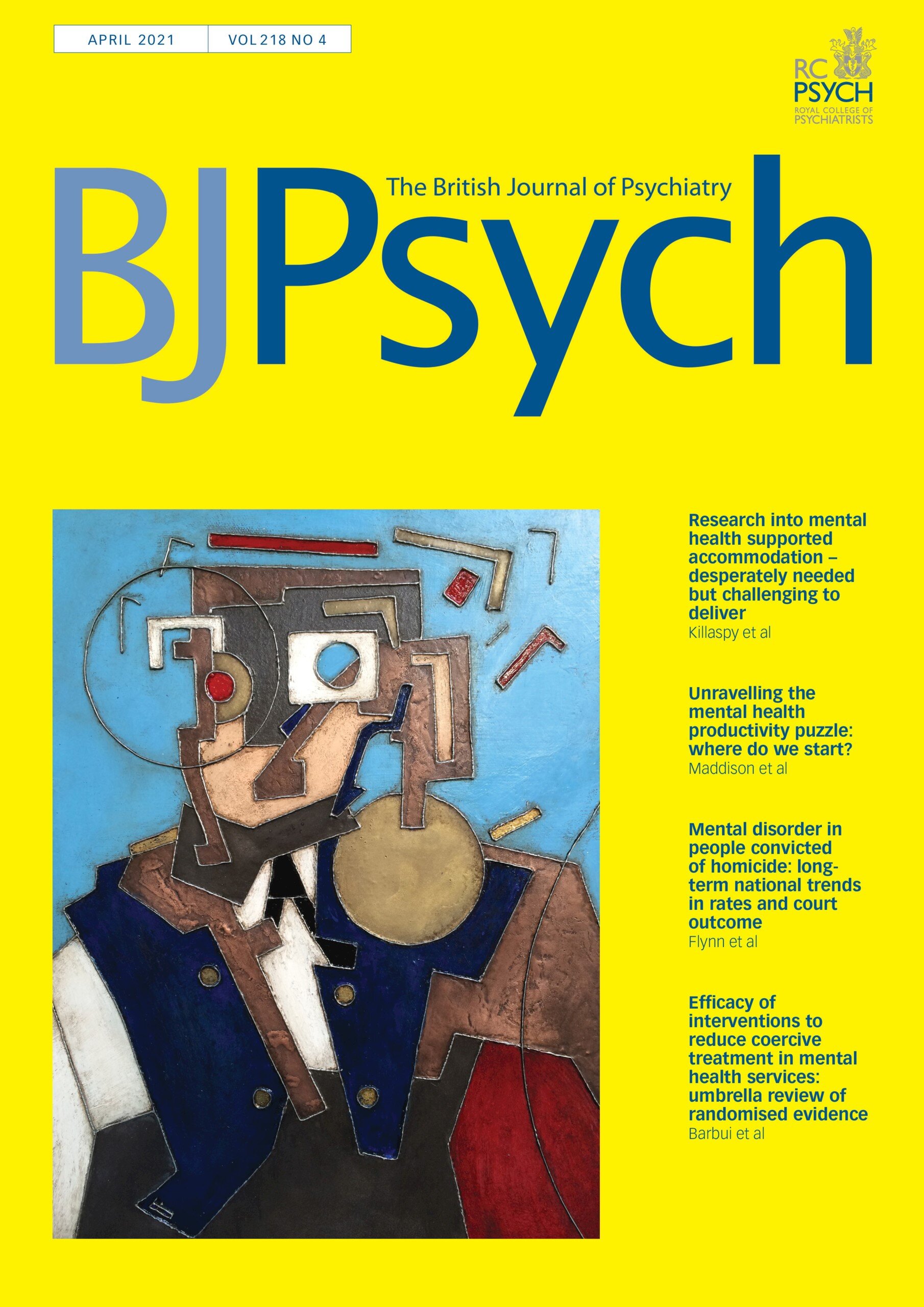April 2021
/Read the full April 2021 Kaleidoscope column in BJPsych for free
The coronavirus disease 2019 (COVID-19) post-mortem will take years. Causes of variations in national mortality rates will be a prime target, and at the time of writing, the UK, unfortunately, has a sad record of the highest death rate per capita in the world.
Various contributory factors are being explored: a broad expert consensus is emphasising the importance of governmental responses via policies on masks, social distancing and lockdowns, over the preparedness of healthcare systems, and other clinical and sociodemographic variables. At the interface of these factors lies the question of how populations respond to governmental policies. Gelfand et al explored the concept of ‘cultural tightness–looseness’, and how this had an impact on guideline adherence.1 We will all intuitively recognise stereotypes related to different nations: some have cultural norms that emphasise the rule of law and order, greater central coordination and control, which leads to interesting permutations of lower levels of crime but with less tolerance of non-conformity related to creativity and learning. Others do the opposite, with each system having its attractions and limitations. The authors apply their previously derived theory to the pandemic response. Nations with high levels of ‘cultural looseness’ (examples included Italy, Spain, Brazil) had almost five times the number of cases and over eight times the number of deaths per million people of those with ‘cultural tightness’ (examples such as Japan, China, Singapore and Austria). The authors’ game theoretic model demonstrated that tight groups coordinate more quickly; this would appear to have an evolutionary advantage when facing a collective threat. No one is suggesting countries should change their character or values, but viruses, masks and vaccines remind us all that the balance between ‘social responsibilities’ and ‘individuals’ rights’ needs to operate for the benefits of all. We are not sure any of this lets politicians off the hook. ‘Freedom loving’ is a phrase perhaps irresponsibly bandied around by some of them in recent times. The authors note we need not be fatalistic: in the UK we are undoubtedly in a ‘culturally looser’ society, but, they argue that political messaging needs to be nuanced to adapt to take this, and people's predictable behaviours, into account.


